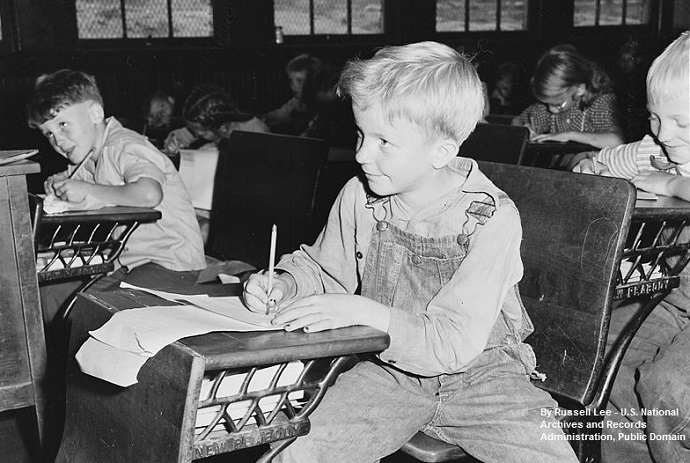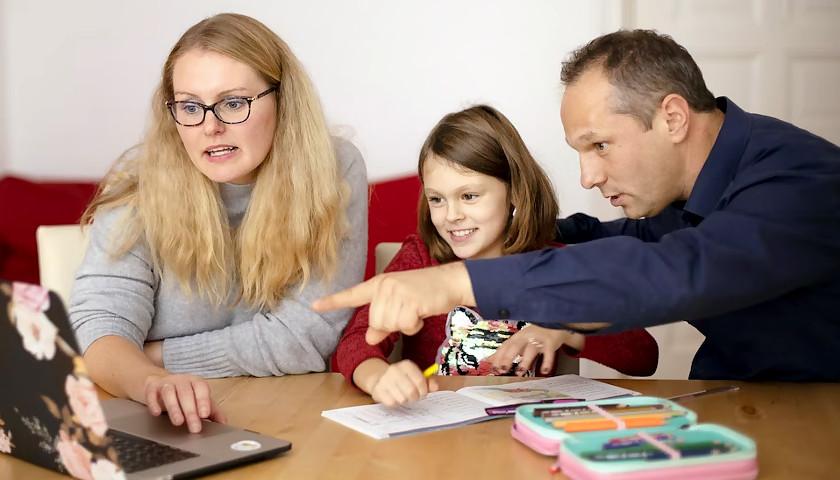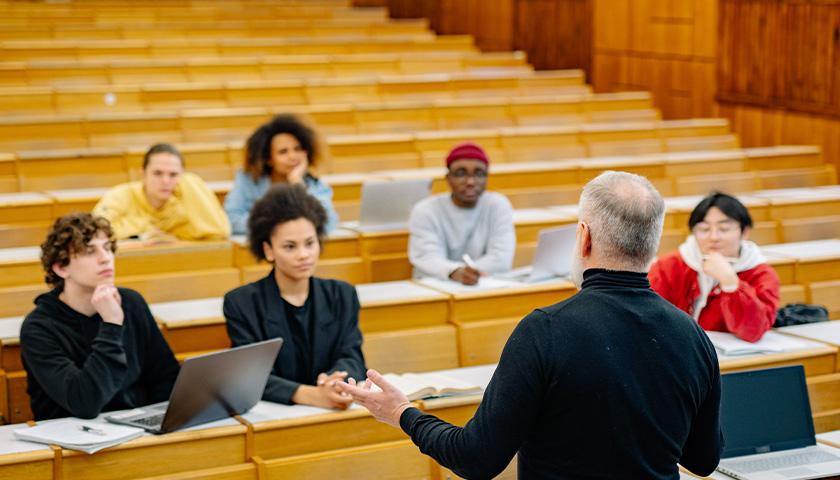Government spending is often portrayed as a freight train “quickly running out of track.” And there is some truth to that statement. There is not an endless supply of money to fund every good idea that comes along, and we must acknowledge that problem. Fiscal responsibility is a must.
That is why spending on priority issues, like public education is important. You can spend $9,000 a year for a child to receive a quality education, or you can spend $40,000 a year to incarcerate an adult in some communities.
That is a harsh reality. You have read the statistics enough to know that there is an undeniable connection between literacy skills and incarceration rates. Children who do not read on grade level are more likely to dropout, use drugs or end up in prison. Research shows that reading abilities in third grade act as a tell-tale barometer for later school success.
Governor Haslam, to his credit, wisely invested Tennessee dollars into literacy initiatives in 2016 because he knows poor reading skills are connected with unfavorable life outcomes. Low literacy is strongly related to crime. Low literacy is strongly related to unemployment. Illiteracy and crime are closely related.
The Department of Justice states, “The link between academic failure and delinquency, violence, and crime is welded to reading failure. Over 70% of inmates in America’s prisons cannot read above a fourth grade level.”
We need to come together as a society and work to address the real issues facing our children. We need to have community conversations about what we expect from our local schools, but we need to recognize that the problems are much larger than a what a school can address and are likely to be different in each community. One size fits all simply does not work.
You probably know the line, which comes from Jim Collins’ bestselling business book, Good to Great: “Get the right people on the bus, the wrong people off the bus, and the right people in the right seats.” It is important that we start prioritizing our spending, and over the long run it will save money that we can use to create a stronger public school system. And we have to get the right people into our classrooms and retain them.
When educated and intelligent citizens make informed decisions about what they want from their government and society, the outcome is far more likely to be positive. Similarly, if a good education system is in place for the next generation of children, the likelihood of societal stability is greatly increased. So it is important we get this right. Literacy is he key challenge we must address. And public education is a wise investment.
##
JC Bowman is the Executive Director of Professional Educators of Tennessee, a non-partisan teacher association headquartered in Nashville, Tennessee. Permission to reprint in whole or in part is hereby granted, provided that the author and the association are properly cited.





